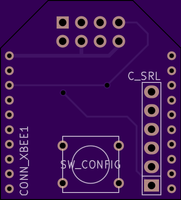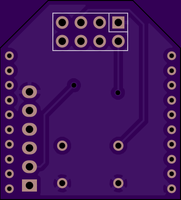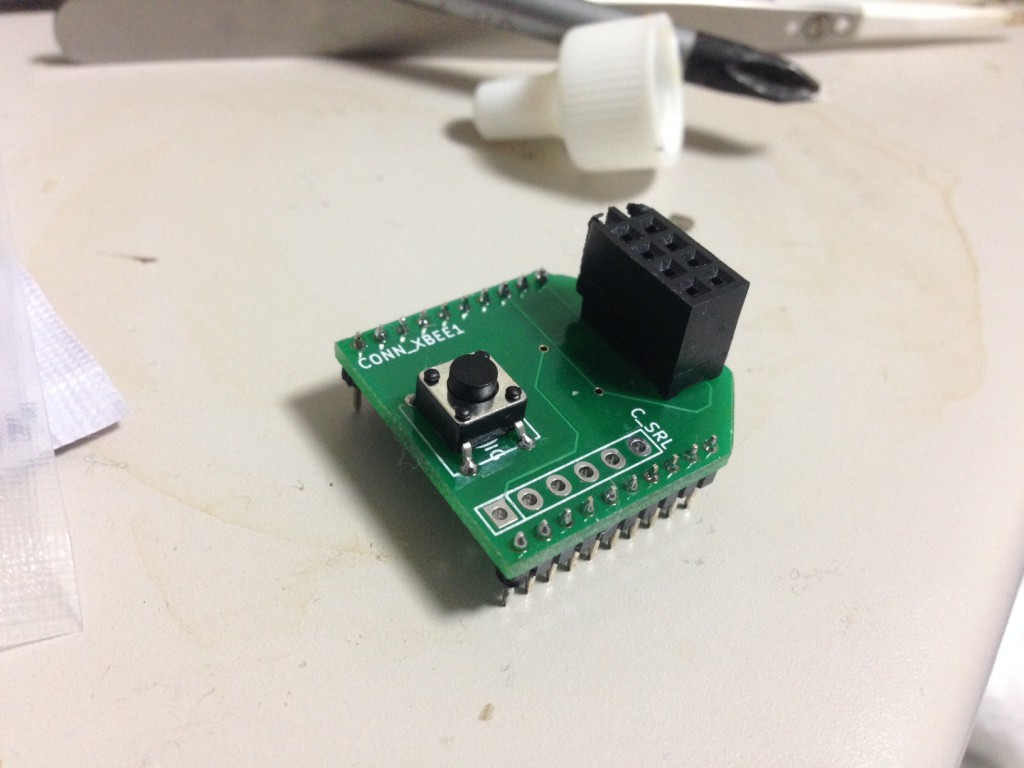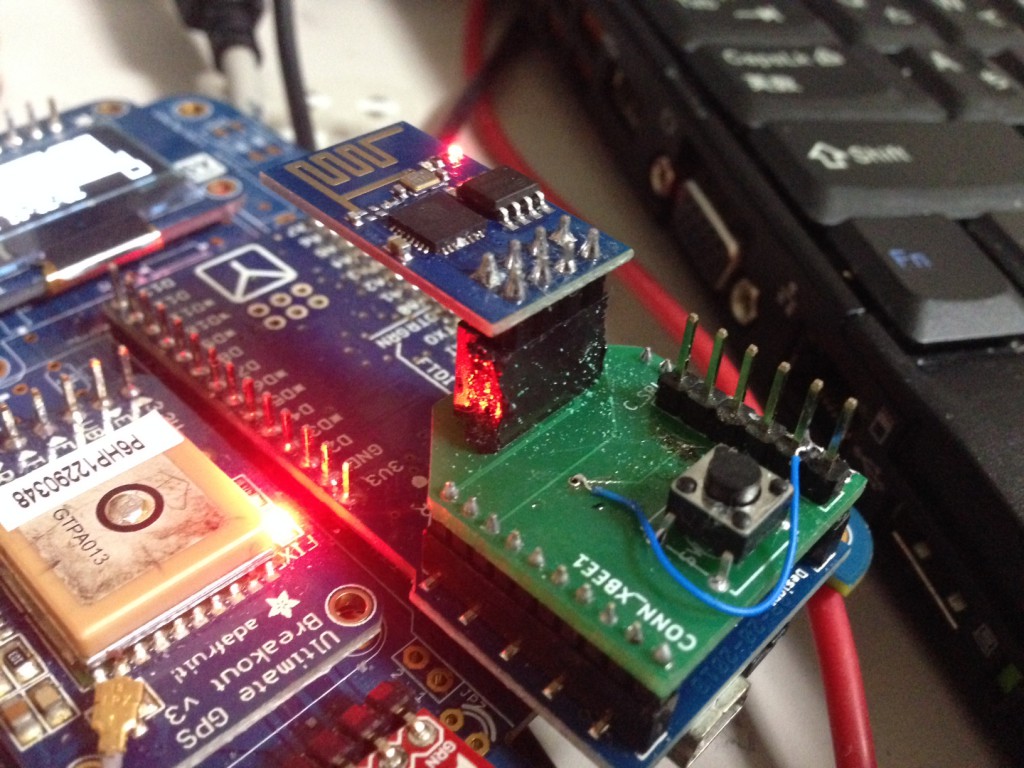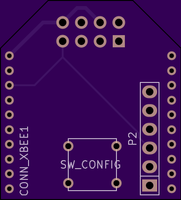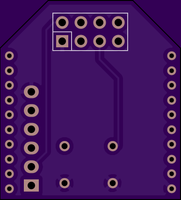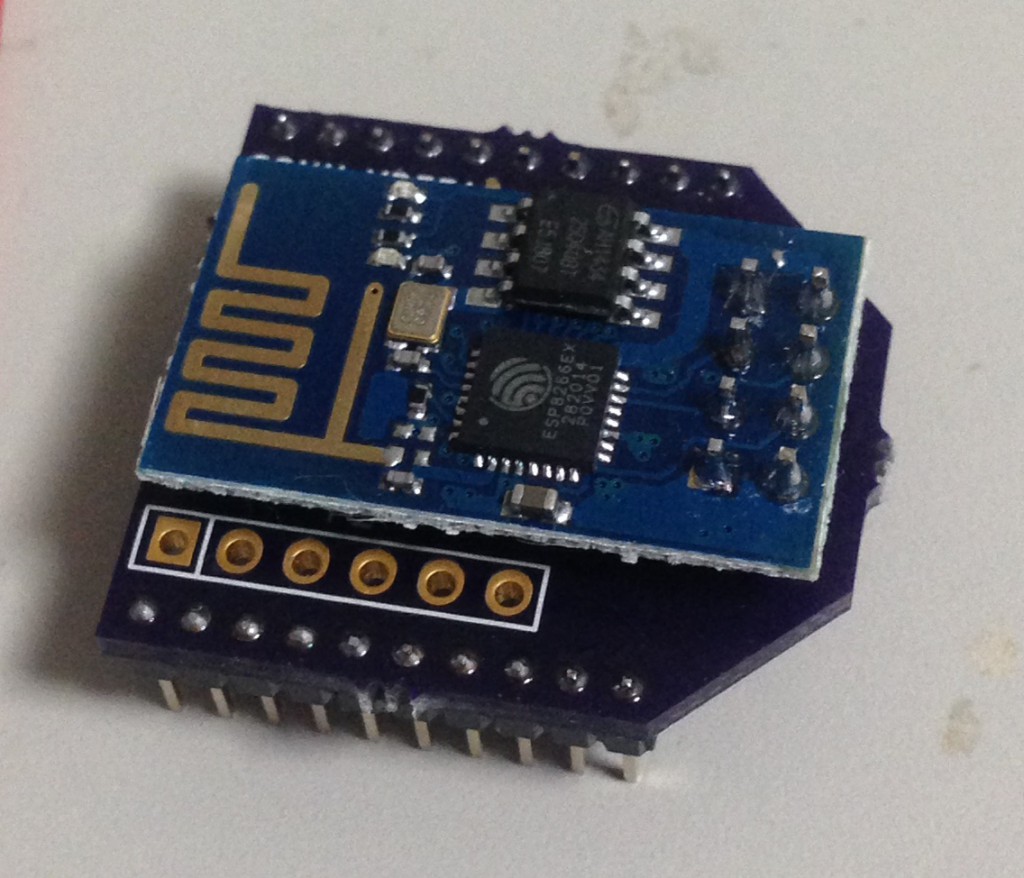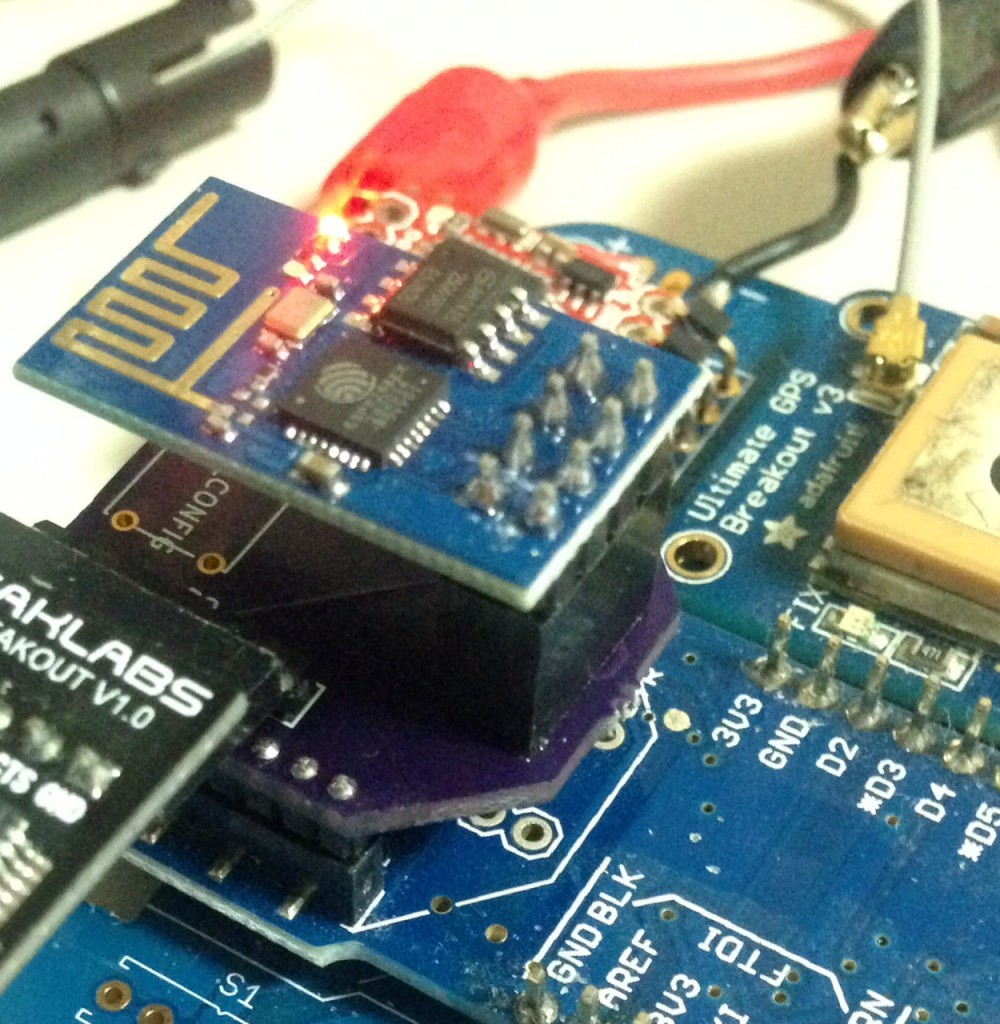*SEE UPDATE BELOW*
I spent quite some time debugging an issue where the wifi wouldn’t connect in station mode on the esp8266 today. wifi_station_get_connect_status() would return either 1 or 3 (which means CONNECTING or AP_NOT_FOUND). The issue /appears/ to be that wifi_station_set_config does not work reliably when called outside user_init (even if called from a function called from user_init. I.e.
void ICACHE_FLASH_ATTR wifi_config() {
// Wifi configuration
char ssid[32] = SSID;
char password[64] = SSID_PASSWORD;
struct station_config stationConf;
//Set station mode
wifi_set_opmode( 0x1 );
//Set ap settings
os_memcpy(&stationConf.ssid, ssid, 32);
os_memcpy(&stationConf.password, password, 64);
wifi_station_set_config(&stationConf);
//wifi_station_connect(); // should not be required
debug("init wifi");
debug(SSID);
debug(SSID_PASSWORD);
}
//Init function
void ICACHE_FLASH_ATTR user_init() {
// Set UART Speed (default appears to be rather odd 77KBPS)
uart_init(BIT_RATE_9600,BIT_RATE_9600);
wifi_config();
//Start os task
system_os_task(loop, user_procTaskPrio,user_procTaskQueue, user_procTaskQueueLen);
system_os_post(user_procTaskPrio, 0, 0 );
network_init();
}
Does NOT work consistantly. Whereas:
//Init function
void ICACHE_FLASH_ATTR user_init() {
// Set UART Speed (default appears to be rather odd 77KBPS)
uart_init(BIT_RATE_9600,BIT_RATE_9600);
//wifi_config();
// Wifi configuration
char ssid[32] = SSID;
char password[64] = SSID_PASSWORD;
struct station_config stationConf;
//Set station mode
wifi_set_opmode( 0x1 );
//Set ap settings
os_memcpy(&stationConf.ssid, ssid, 32);
os_memcpy(&stationConf.password, password, 64);
wifi_station_set_config(&stationConf);
//wifi_station_connect(); // should not be required
debug("init wifi");
debug(SSID);
debug(SSID_PASSWORD);
//Start os task
system_os_task(loop, user_procTaskPrio,user_procTaskQueue, user_procTaskQueueLen);
system_os_post(user_procTaskPrio, 0, 0 );
network_init();
}
Works as expected. The reason that wifi_config() above may sometimes work is that I would guess it occasionally gets inlined. I’ve no idea why the calls need to be in user_init directly though, there’s perhaps some funky stack related stuff going on.
UPDATE
Wow, Espressif saw my post and emailed me out of the blue. There suggestion was that stationConf.bssid_set should also be set to 0 in this case. Otherwise it will also check the AP mac address i.e it should be:
void wifi_config()
{
// Wifi configuration
char ssid[32] = SSID;
char password[64] = PASSWORD;
struct station_config stationConf;
//Set station mode
wifi_set_opmode( 0x1 );
stationConf.bssid_set = 0;
//Set ap settings
os_memcpy(&stationConf.ssid, ssid, 32);
os_memcpy(&stationConf.password, password, 64);
wifi_station_set_config(&stationConf);
}
//Init function
void user_init()
{
wifi_config();
}
This also makes sense to me in terms of random fiddling fixed this issue, I guess in some cases the uninitialized memory is 0 by chance.
